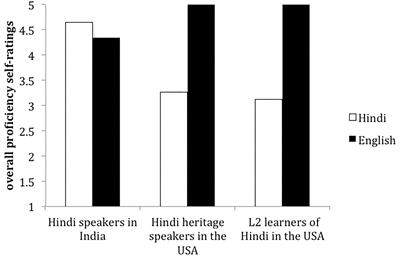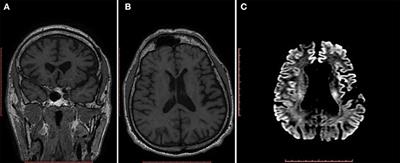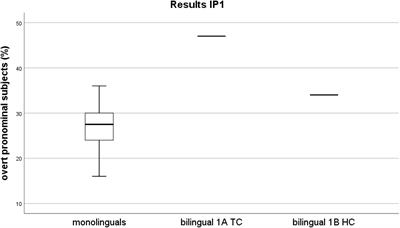EDITORIAL
Published on 21 May 2019
Editorial: Bilingual Language Development: The Role of Dominance
doi 10.3389/fpsyg.2019.01064
- 6,430 views
- 12 citations
26k
Total downloads
207k
Total views and downloads
EDITORIAL
Published on 21 May 2019
ORIGINAL RESEARCH
Published on 19 Mar 2019

ORIGINAL RESEARCH
Published on 30 Jan 2019

ORIGINAL RESEARCH
Published on 14 Jan 2019

ORIGINAL RESEARCH
Published on 10 Jan 2019

ORIGINAL RESEARCH
Published on 27 Nov 2018

ORIGINAL RESEARCH
Published on 09 Nov 2018

ORIGINAL RESEARCH
Published on 06 Nov 2018

ORIGINAL RESEARCH
Published on 31 Oct 2018

ORIGINAL RESEARCH
Published on 23 Oct 2018

ORIGINAL RESEARCH
Published on 17 Oct 2018

ORIGINAL RESEARCH
Published on 11 Oct 2018

